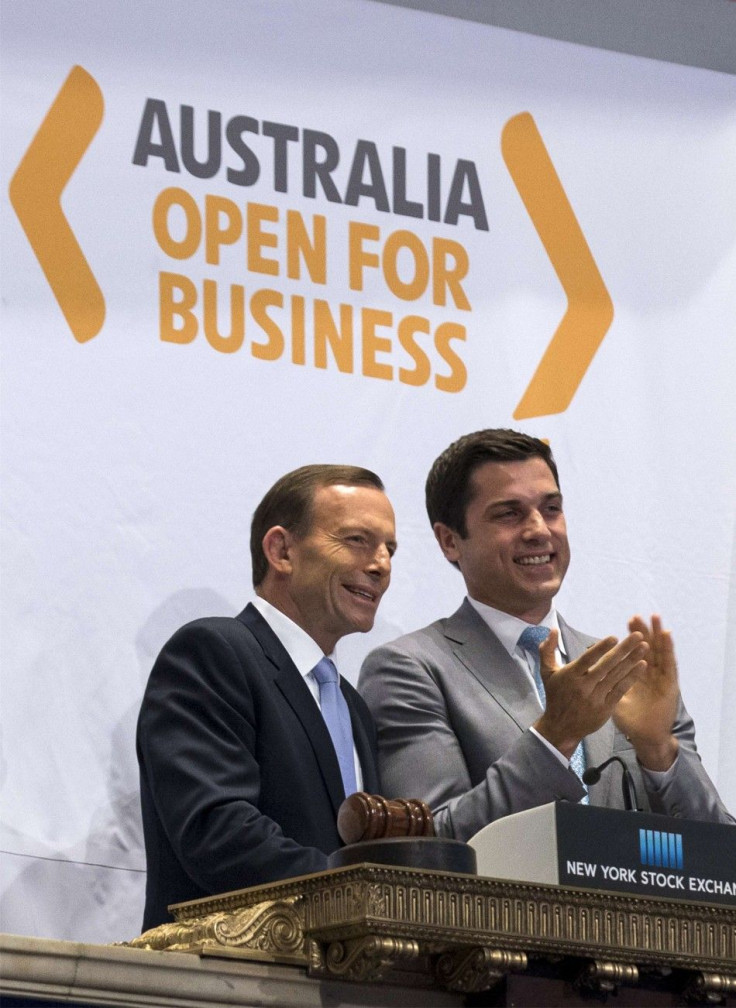Tony Abbott Extends Invitation For Talks With Clive Palmer to 'Smooth Relations' Before July

Prime Minister Tony Abbott has renewed his offer to set a meeting with Clive Palmer to work in smoothening relations with crossbench senators.
Abbott said he intends to "work constructively" with the new Senate in July as major parts of his budget may be blocked by the opposition. The prime minister's invitation for a meeting is in preparation for July as the Palmer United Party is set to take three seats in the Senate.
Palmer has previously demanded his party should be formally treated which meant more staff, an office space in the Parliament house and travel benefits. He said he will not be meeting with the government if his demands are not addressed.
To resolve the issue, the government offered to give seven extra staff with two additional advisors to reach the same number of staff given to crossbench senators.
According to reports, Palmer has met with the Coalition ministers but has yet to have talks with the prime minister.
Speaking after the Senate challenged him to a double dissolution election after rejecting a bill to scrap the Clean Energy Finance Corporation, Abbott said he was reaching out to smooth relationships with the Upper House.
He said the Coalition government was determined to pass its budget. Abbott added he will "work with the Parliament the people elected." He is confident that the new Senate will cooperate when it begins in July.
Abbott said he will "treat all crossbenchers and minor party leaders with respect" as he is determined to work constructively with them.
Palmer is set to control the Senate beginning in July. He is prepared to vote against Abbott's Direct Action plan to fight climate change. He added the party has no reason to support the Coalition government's plan.
He noted it was "hopeless."
The Abbott government might not succeed in securing funding for its climate policy worth $1.45 billion of AU$1.55 billion to pay big carbon emitters to reduce pollution if Palmer succeeds in blocking the Direct Action plan.
According to reports, if the Direct Action policy fails to launch, Australia might be left without a climate policy to reduce greenhouse gases. Australia is one of the biggest emitters of greenhouse gasses per capita with a target to reduce emissions by 5 percent by 2020.





















